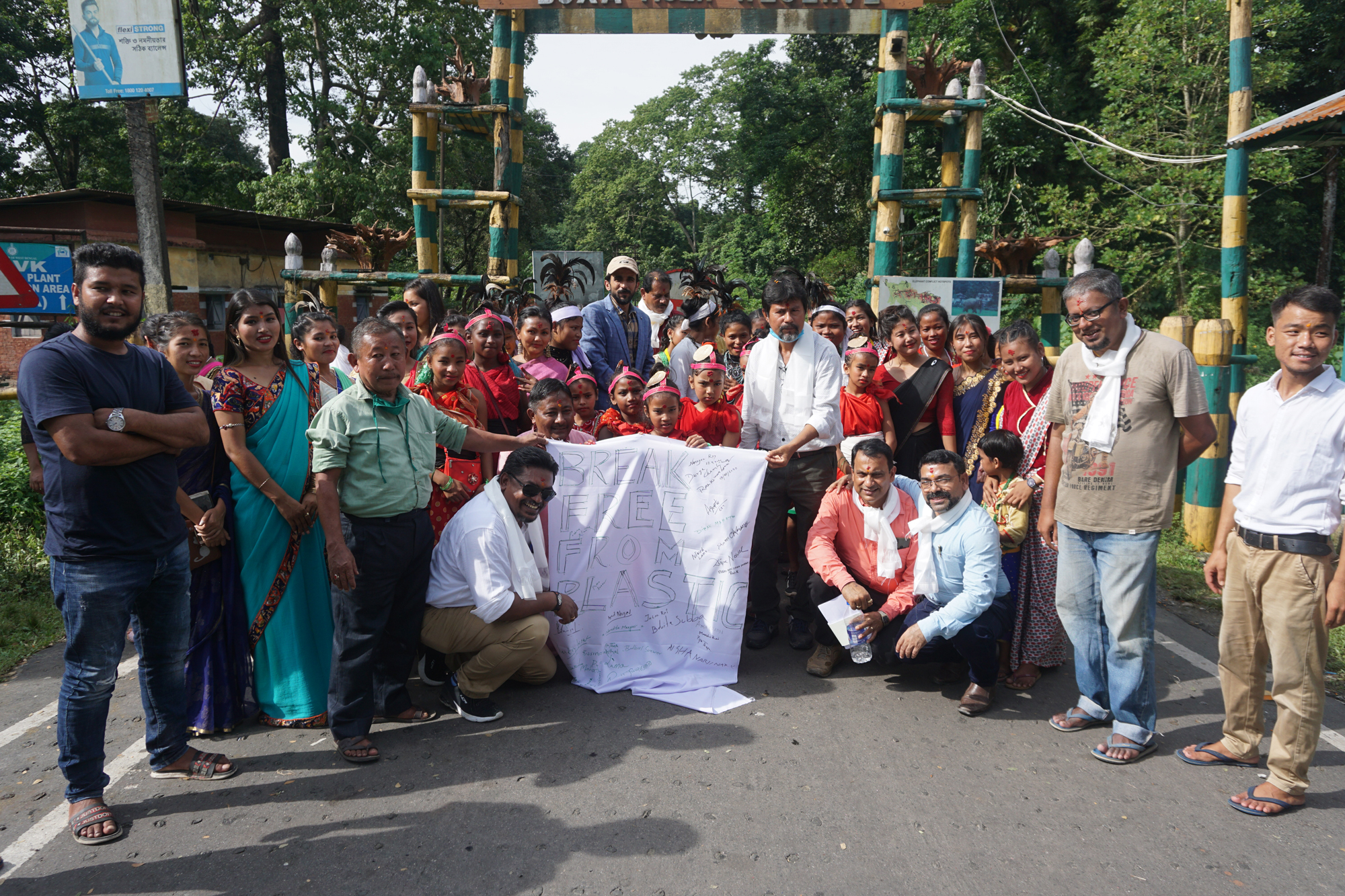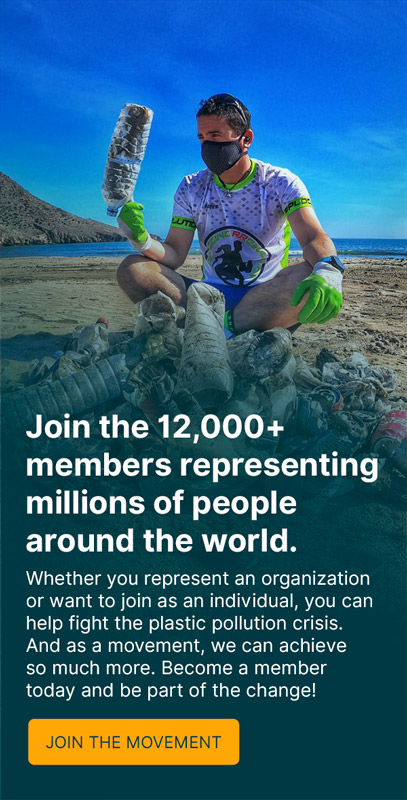West Bengal, India --- World Tourism Day 2020 was celebrated with a lot of excitement in the state of West Bengal, India, as the national parks and tiger reserves are set to open and welcome the tourists for the first time since March 2020.
To commemorate the occasion, the tribal communities from West Bengal held a 3-hour long event at the Buxa Tiger Reserve. Members from Rabha, Dukpa, Garo, Adivasi, and Nepali community put up a display of their rich culture and traditions.
The visitors and the tourists were inspired and appreciative when they came to know about the central theme of the event: Break Free From Plastic.
The call to protect and preserve our surrounding environment has grown louder in the last decade. The rapid destruction and over-exploitation of natural resources have posed serious threats to the health of the people and the environment, forcing people from all walks of life to come out in the streets and demand for the immediate address of the rampant ecological destruction.
Here in India, the story is not very different.
The rising population and lack of necessary infrastructure to manage the pollutants have been major concerns for the authorities and citizens. The concern magnifies when we find plastic pollution making its way into some of the most pristine ecosystems, which are ecologically sensitive and hold a great significance in maintaining the biodiversity of our planet. Plastic packets have been found in elephant dung here leading to the demand of immediate intervention from the authorities and tourism stakeholders in the matter.
Breaking free from plastic through tourism
On the occasion of World Tourism Day 2020, the tribal communities of Dooars from Eastern India gathered inside the Buxa Tiger Reserve to raise vital awareness highlighting the menace of plastic pollution for the land, water, and all forms of life those live and thrive here.
The event was jointly organised by ADTA (Alipurduar District Tourism Association) and Yugantar Pariwar, a non-profit working towards the empowerment of tribal communities in association with different tourism stakeholders of the region.
Mr. Manav Bakshi, chairman of ADTA said that the call to break free from plastic is a landmark initiative and will pave way for eco-tourism in the north Bengal region of India.
The communities, in their own unique way, through dances and songs, called for the corporations to opt for eco-friendly packaging of their products. Nature-based solutions to bags, packaging, and other aspects of daily lives are integral to the lifestyle of the tribal communities. The use of bamboo, different fibers, jute, and bio-degradable natural resources in their daily lives has helped the communities live with zero or minimum carbon footprint for centuries. Hence, their call to corporations to ‘break free from plastic’ and opt for cleaner, affordable and eco-friendly design of the products seems feasible and significant in present times.
A more sustainable better normal after the pandemic
The ongoing pandemic has forced the national parks and tiger reserves to shut down their gates for the tourists and with the lockdown getting eased in different parts of the country, tourism is set to restart, increasing the flow of tourists into these ecologically sensitive areas. From past experience, the locals have learned and realized that plastic pollution is bad for the environment and as well as for the tourism business, as it ruins the aesthetics, which is the prime catalyst of tourism.
The event focused on two primary aspects -
- Breaking free from plastic.
- Reintroducing traditional alternatives to plastic goods.
The folk-dances, songs, and cuisines served in the event was a testament that the people living in the vicinity of forests and such natural wonders are better equipped to run the tourism industry with their traditional crafts and amenities and involves minimum or no use of plastic at all.
Everyone present in the event signed a banner "Break Free From Plastic" committing to refuse the use of single-use plastic in their homestays, resorts, and guided tours inside the tiger reserve.
Mr. Ramkumar Lama, president of Yugantar Pariwar laid importance on the role of tribal communities towards nature conservation and the need to recognize their contribution in the field.
The communities also highlighted the increasing plastic packaging, mainly beverages, chips, and biscuits, found in the rivers and forest areas inside the national parks. A campaign to make the adjoining Jaldapara National park a "Plastic Free National Park" is already underway, with regular clean-ups and awareness programs being undertaken in the adjoining forest and fringe villages. The forest department has been closely supporting this grassroots level initiative to protect and preserve the environment here.
At the end of the event, the chief guest of the event, Mr. Durga Chamling, writer and a social activist of the region made a collective call to refuse and reduce plastic packeted products while the tourism business opens once again. We are working towards attracting investments in jute, bamboo, and other traditional products that will shape and redirect the tourism business here towards a sustainable model.
Rajib Kharel Sharma is a campaigner for Plastic Free National Park in Yugantar Pariwar
West Bengal, India. Plastic Free National Park is a BFFP member.



